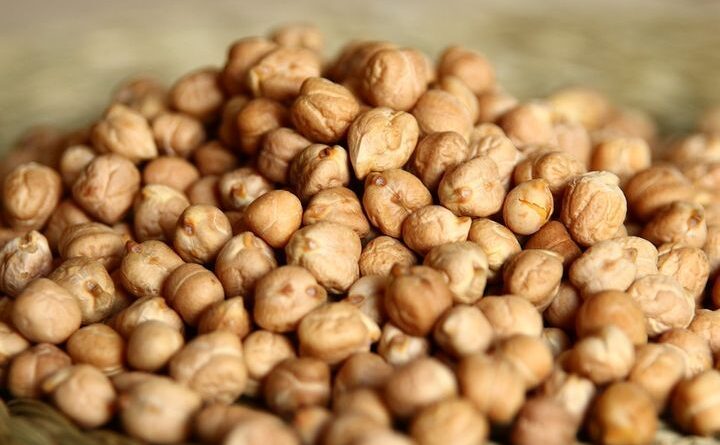Bangladesh Imports 400 Tonnes of Chickpeas for Ramadan Relief, TCB Announces Subsidized Rates.
In a significant move to ensure food security during Ramadan, Bangladesh has imported 400 tonnes of chickpeas, marking the first batch of a 4,000-tonne import plan by the Trading Corporation of Bangladesh (TCB). The consignment, which arrived at Benapole Port, is part of a broader initiative to provide essential commodities at subsidized rates to ease the financial burden on citizens during the holy month.
Strategic Import for Ramadan
The arrival of chickpeas at Benapole Port on Sunday and their subsequent release after quality checks signify the government’s commitment to stabilizing food prices ahead of Ramadan. Imported at Tk 85 per kilogramme, the TCB will offer these chickpeas at a subsidized rate of Tk 55 per kg. This initiative is part of the government’s effort, led by Prime Minister Sheikh Hasina, to purchase essentials well in advance to prevent shortages and price hikes during Ramadan. The TCB’s comprehensive package for TCB family cardholders also includes soybean or rice bran oil, pulses, and rice at subsidized rates, aiming to support the financially vulnerable segments of society.
Comprehensive Subsidy Program
Under the subsidy program, each TCB family cardholder is eligible to purchase not only chickpeas but also two litres of soybean oil or rice bran oil at Tk 100 per litre, 2 kilograms of pulse at Tk 60 per kg, and 5 kilograms of rice at Tk 30 per kg. This initiative is in line with the government’s broader strategy to tame inflation and ensure that the populace can access essential commodities at reasonable prices during the high-demand period of Ramadan. The move also reflects the government’s proactive approach to food security, as outlined by the Prime Minister earlier this month.
Implications and Future Prospects
The import of chickpeas and the announcement of subsidized rates for essential commodities are timely interventions that not only address immediate food security concerns but also showcase the government’s dedication to public welfare. As Ramadan approaches, these measures are expected to alleviate financial pressures on households, particularly those in lower-income brackets. Moreover, the successful implementation of this initiative could serve as a model for future efforts to stabilize market prices and ensure food availability during critical periods. With the government taking concrete steps to support its citizens, the focus now shifts to the efficient distribution of these commodities to ensure they reach those in need.
This article has been republished from The bnnbreaking.

